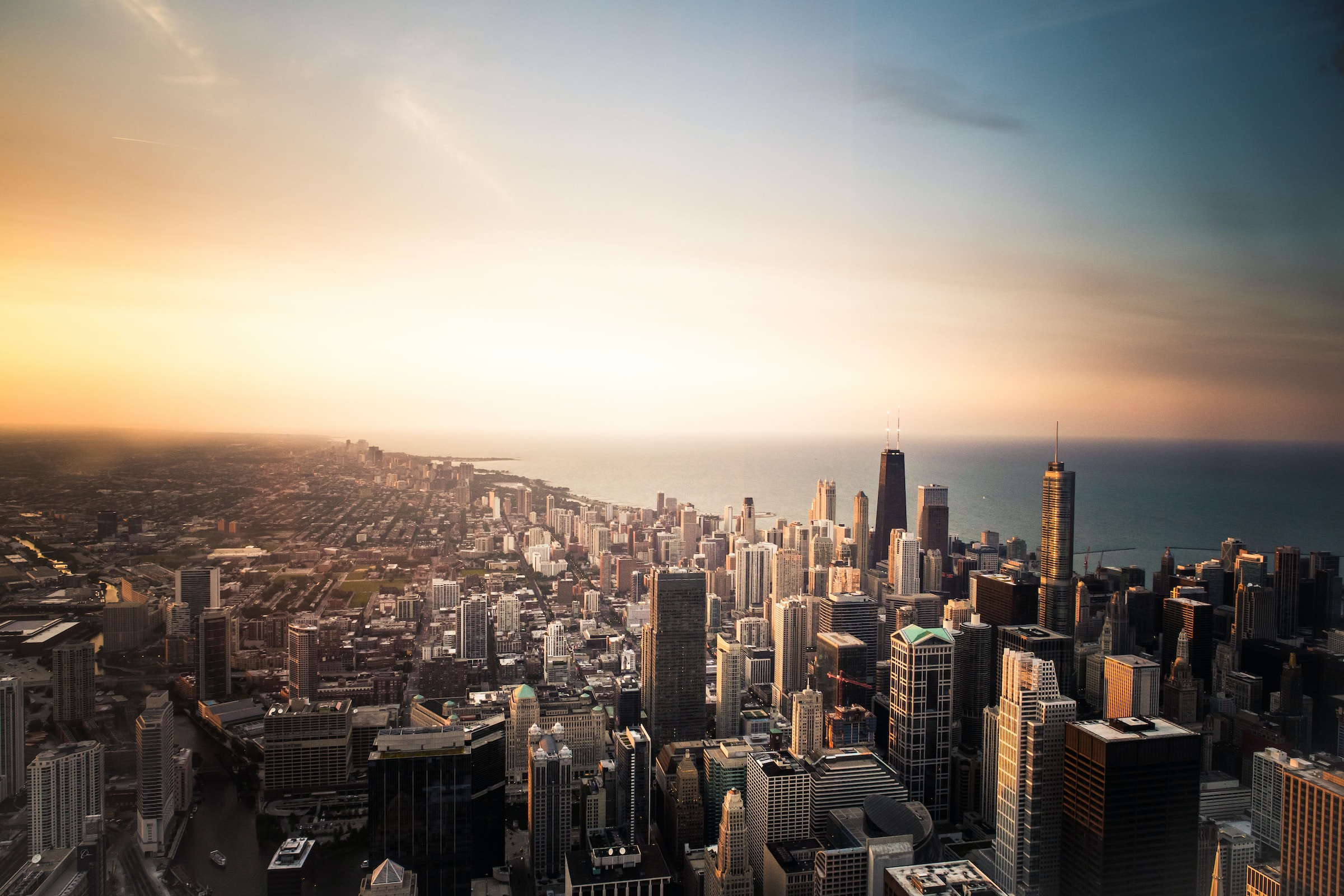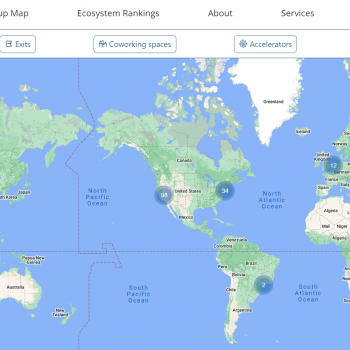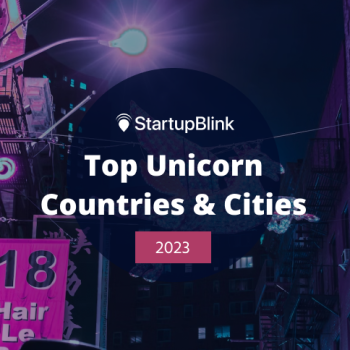The Global Startup Ecosystem Index (GSEI) reveals the startup ecosystem rankings of 1,000 cities and 100 countries based on various factors. It uses an algorithm that considers many parameters and incorporates data from different sources and partners such as Crunchbase, SEMRush and Statista. The results of this index are also integrated with the StartupBlink Global Startup Ecosystem Map, which has been continuously updated since 2013 and showcases key players in each startup ecosystem.
In this article, we will provide you with the startup ecosystem rankings for the top 20 cities and countries. However, we have rankings for 1,000 cities and 100 countries, along with more extensive data and reports on startup ecosystems, which is accessible exclusively to PRO users.
Why Do We Rank Startup Ecosystems?
The Global Startup Ecosystem Index aims to uncover the momentum of cities and countries’ startup ecosystems to better guide decision-making processes related to relocation, policy development, and investment. Everyone has a perception of where the best startup ecosystem is. However, our independent research measures startup ecosystem success using dozens of parameters. It reveals which ecosystems overperform and underperform, both in general terms and across different ecosystems. In this way, we are matching the perception with reality
The Startup Ecosystem Rankings of Top 20 Countries
Let’s start with the list of countries that have managed to secure a position among the world’s top 20.
Stability at the Top
Although the top 5 countries maintained their positions from last year, almost all other countries in the top 20 changed their rankings. Ranked 1st globally, the US maintains a massive lead, almost 4 times that of the UK at 2nd. Since 2020, the total score gap has been narrowing down each year, but this year we saw that the gap between the US and the UK remained almost unchanged. The US also maintains dominance in its total number of ranked cities: 252, compared to 257 last year.
The UK continues to lead Israel
The UK maintains its lead over the 3rd ranked country, Israel. However, the total score gap between these two countries narrowed from 16.6% in 2022 to 10% this year. This change might partially reflect the implications of Brexit on the UK’s ability to attract foreign talent. It should also be noted that the UK has 74 ranked cities. While this is a decline of 4 compared to 2022, it is still the only country other than the US with more than 50 cities in the Index. By comparison, China has 43 ranked cities, and Germany and Spain both have 40 ranked cities.
Sweden and Singapore: Top Ranked Countries in their Region
After overtaking Germany’s position at 5th in 2022, Sweden maintains its position for the second year as the top-ranked EU country in terms of startup ecosystem success, succeeded by Singapore, which made the first change in the top 10 by overtaking Germany at 6th. As the highest-ranked Asian country in the Index, Singapore’s country ranking has shown a massive ten spot jump since 2020. In contrast, Germany is declining for the second year. Despite its downward trend, Germany narrowed its gap with Sweden. In 2022, the total score gap between the two was 11%, this year the gap is only 4%.
France and the Netherlands: Increasing the European Representation in the Top 10

France showed positive momentum for another year after registering a one-spot improvement to 8th globally and displacing Australia. The Netherlands returned to the top 10 with a one-spot improvement, displacing China, and bringing the European representation on the top 10 list to 5 countries.
Changes in Rankings: Countries 11-20
There are some interesting shifts occurring between countries ranked 11th-20th. Following a one-spot improvement, Switzerland is now ranked 11th globally, still far from the 8th position it once held in most years since the 2017 index.
As a result of a further two-spot decrease, China is ranked 12th after losing the leading position in Asia to Singapore last year. Yet, when it comes to the Ranking by Absolute Ecosystem Power (i.e. not adjusting its total startup output to its population size), China maintained the second position globally, above the UK, India, and Germany.
Finland follows China at the 13th spot, an advancement of one position compared to last year and overtaking Estonia that is now ranked 14th. Similarly, Spain replaced Ireland at 15th. The first and only stability in this batch was Lithuania ranked 17th, while Japan registered the highest momentum change in the top 20 after jumping 2 spots to 18th, pushing past Denmark. Lastly, South Korea returned to the global top 20 with an improvement of one spot.
The Startup Ecosystem Rankings of Top 20 Cities
This year, the cities in the global top 10 remained mostly stable, with the exception of Tel Aviv (10th in 2023) and Paris (9th in 2023) switching places.
San Francisco: The Undisputed Leader
As expected, San Francisco is the undisputed leader of startup ecosystems for another year. More importantly, after 3 years of a narrowing score gap with lower-ranked cities, San Francisco managed to keep its lead over second-ranked New York City and the rest of the global top 10 largely unchanged. For reference, in 2020, the score of San Francisco was 3.4 times higher than New York. Last year, the gap narrowed down to 2.5, and this year it is 2.4. San Francisco will continue to top the global ecosystem charts for the foreseeable future. You can learn more about the future of startup ecosystems in this article.
New York: A Secure Second
The second highest-ranked city, New York, has held second position since 2017 and is also in a league of its own. With a total score 1.8 times higher than London (3rd), it retains a score gap that will be hard to close.
Shanghai's Distance from the Top
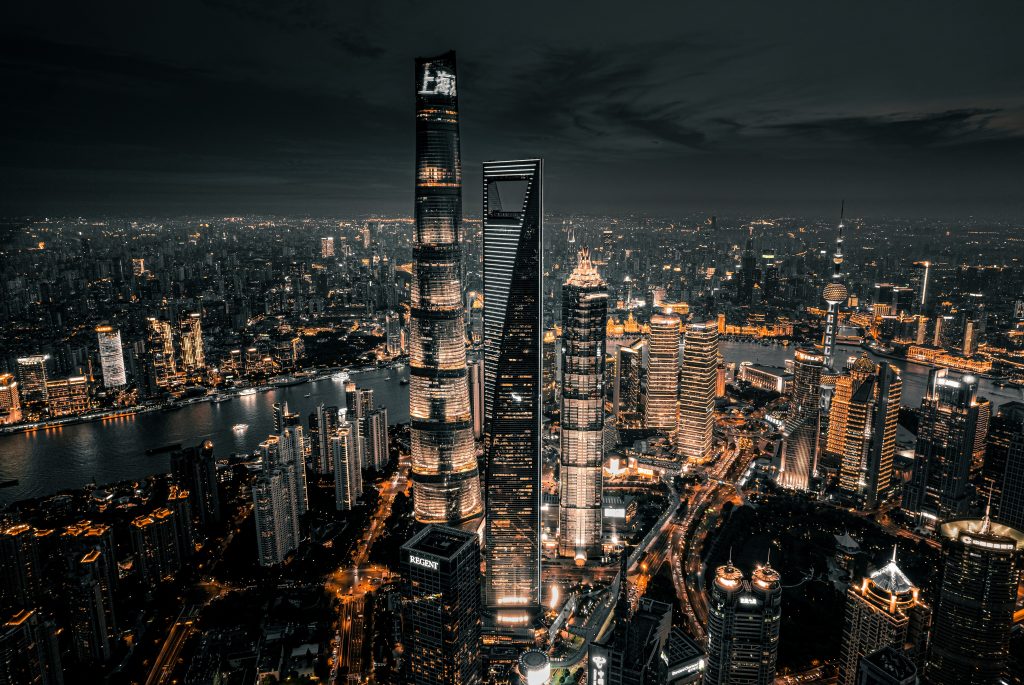
Shanghai, the second-ranked Chinese Ecosystem, maintained its position at 7th globally, but is separated from the 6 leading cities by a substantial gap in total score, making it closer to lower-ranked ecosystems. We further discuss the decoupling of Chinese startup ecosystems from the global startup ecosystem in this article.
At 8th, the top-ranked Indian ecosystem, Bangalore, maintained its position with a total score increase that might allow it to catch up with Shanghai next year. Both Indian and Chinese cities have an unfair advantage, since they have massive populations which help them to produce more startup output.
Tel Aviv and Paris: Swapping Places
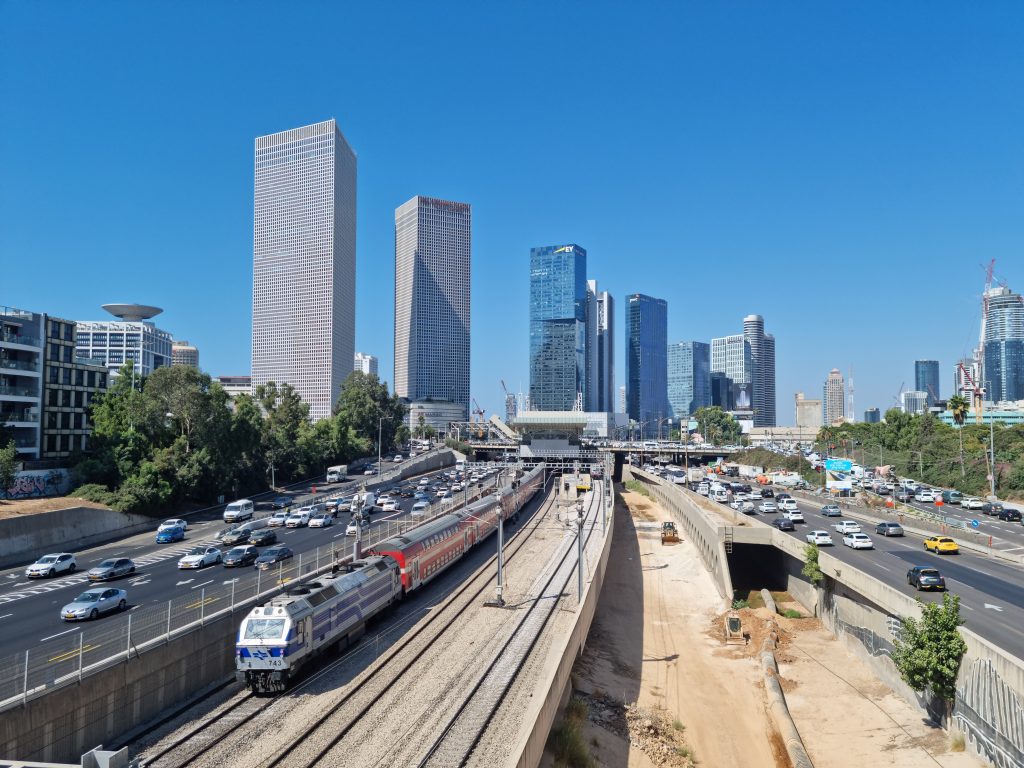
Tel Aviv (10th) and Paris (9th) shuffled places in the world’s top 10 this year. We commend Paris for its continuous improvement, moving one spot up every year since 2021. Conversely, it is interesting to see that ranked 10th globally, Tel Aviv is slowly sliding down in the Index, showing a continuous decline of one spot every year since 2020.
The cities ranked between 7-10 form a class of their own. Ranked 10th, Tel Aviv’s score is 17% higher than Berlin (11th).
Shenzhen's Rise
At 16th, Shenzhen is the highest-ranked city that showed an increase of 2 spots, continuing its outstanding advance of 24 spots since 2020. It is also the only Chinese ecosystem in the global top 20 with positive momentum.
South American Representation and Washington DC
As the top-ranked South American city, São Paulo dropped one spot to 17th globally, while Washington DC advanced 1 spot to 18th, the only US city in the global top 20 with positive momentum.
Stockholm and Singapore City's Surge
Among the global top 30, Stockholm has the most substantial increase of 4 spots, ranking 19th globally and registering a 10 spot improvement since 2021. Stockholm’s upward movement increases the representation of European cities in the global top 20 from 3 to 4. Singapore City continued its impressive momentum with a 2 spot jump, surpassing Austin (21st) and San Diego (22nd). Singapore City has risen 6 spots since 2020 and now joins the world’s top 20 for the first time.
Concluding Remarks
This year’s rankings reflect both stability and dynamic shifts in the global and city-level startup ecosystems. The top countries continue to assert their dominance, with the United States maintaining a commanding lead, while cities like San Francisco and New York stand as the leading startup ecosystems globally for another year.
These rankings not only highlight the power of established ecosystems but also shed light on the rising stars and regions making impressive strides in the global startup ecosystem. The intense competition among cities like London, Los Angeles, Boston, and Beijing showcases the competitiveness of innovation going throughout the world.
Moreover, the rankings demonstrate the significance of factors like population size and policy changes in influencing the national as well as global state of ecosystems. As time proceeds, it will be interesting to witness how these ecosystems evolve and adapt to the emerging trends in the world.
For more detailed insights and comprehensive data on startup ecosystems, we encourage you to explore reports, exclusively available to PRO users.
